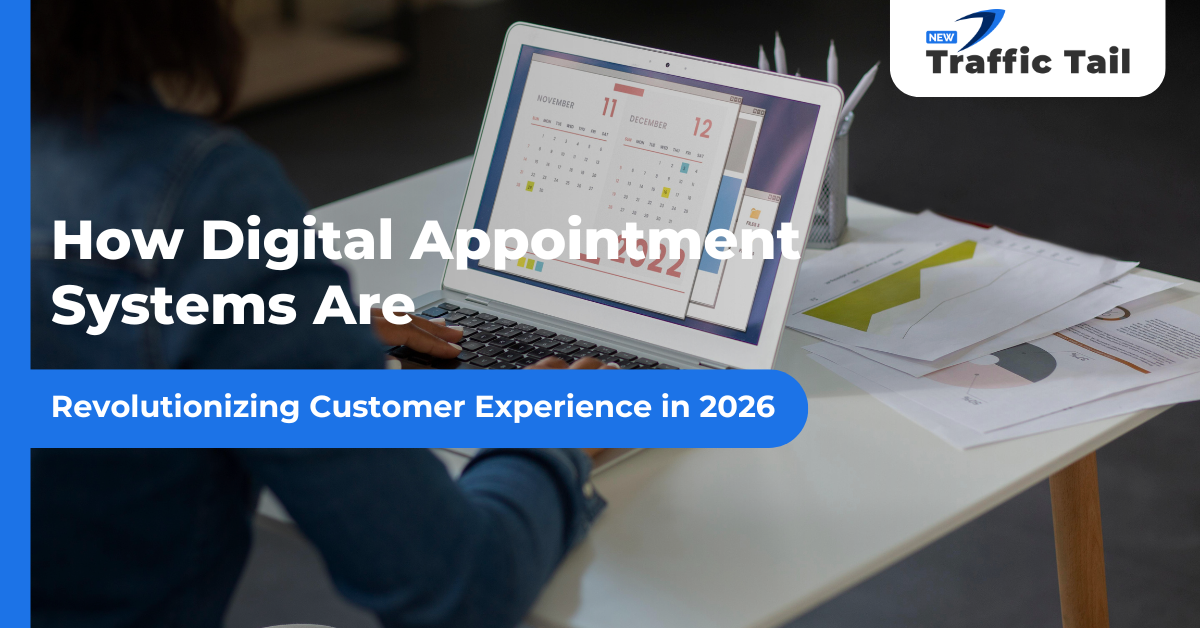The inclusion of Artificial Intelligence (AI) in various industries has revolutionized the whole world. It has transformed how human beings used to perform in the past. It is particularly the healthcare industry that has realized the power of AI, which can help it improve its quality and performance. Now, some robots can diagnose diseases based on the patient’s health history using AI.
Many prominent institutions have acquired these technologies; however, many are still seeking guidance on this. Due to this, in this blog, we are going to discuss the cost of implementing AI in healthcare and explain its major factors and the varying costs of investments.

Is Investing in Healthcare AI Beneficial?
The healthcare industry is doing better because of artificial intelligence in the detection and treatment of illnesses. Consequently, workflow at hospitals and clinics is simplified, which also reduces the overall costs of healthcare. Therefore, investing in healthcare AI seems promising for the following reasons.
Better Medical Results for Patients
Artificial intelligence-based technologies run algorithms that can examine a patient’s medical history, including medical test results and X-ray images, to diagnose exact diseases faster than doctors. Then, they can create specific treatment plans for individual patients. Additionally, they can detect future illnesses and suggest prevention measures to reduce the risks.
Improved Performance for Medical Institutions
AI-powered robots and chatbots can help health professionals increase their efficiency by assisting in data entry, documentation, and other routine tasks. They can use their time on other important operations, leading to enhanced productivity of the institute. For example, hospitals can install virtual assistants to guide patients about their medical requirements.
Help in Reducing Healthcare Costs
Implementing AI in the public health system can help professionals diagnose specific diseases early by analyzing a patient’s data. Therefore, they can reduce the costs of unnecessary tests and procedures that doctors perform. Additionally, it can save the wastage of medical resources, leading to reduced healthcare costs for hospitals and patients.
Enhanced Reputation in the Industry
By implementing AI in healthcare, organizations can stand out among their competitors in the medical industry. Therefore, they can attract more patients, resulting in the overall growth of the institution.
Satisfactory Experience for Patients
When AI-based systems provide personal care and medical recommendations to patients, they will enhance their overall experience with the healthcare organization. They can prepare personalized treatment plans based on a patient’s medical tests and data. This will reduce treatment costs and save time, making the patient satisfied.
Major Factors That Form Costs in the Healthcare
The cost of implementing AI for public health depends on various factors as below.
Infrastructure Requirements for AI Installation
Artificial intelligence-based systems require a strong infrastructure to work properly and effectively. These are high-powered computers that need robust hardware, servers, and cloud storage to function efficiently. To store a hospital’s data, it requires a large volume of storage and an encryption system to protect it. Additionally, the whole setup needs a constant power supply and a cooling system for high-performance computers. Thus, one of the key elements in the development of the cost of implementing AI in healthcare is infrastructure.
Complexity of the Workflow
Some medical organizations address only a few clinical problems, while big hospitals see patients with all kinds of diseases. In such a situation, the more complex the operating system of a place, the more complex the AI system they will need. They will need high-performance natural language processing units to address the patients. Ultimately, this will affect the cost of installing AI in healthcare institutions.
Regulation Compliance Cost of Implementing AI in Healthcare
An artificial intelligence system must follow the security and regulatory laws, ensuring the protection of users’ rights. They are required to adhere to medical industry provisions as well as ethical standards. For this, they cost the owner depending on the size and complexity of the organization.
Expenses of Getting a Group of Experts to Operate AI in Healthcare
For the successful implementation of AI in healthcare, hospitals must hire expert teams of AI engineers, data analysts, and medical professionals. By doing so, they can develop and analyze data to provide accurate AI solutions to patients, leading to a satisfactory and improved user experience.
How Can Medical Organizations Optimize the Cost of AI Installation?
Medical institutions require understanding and following multiple strategies to optimize the cost of implementing healthcare artificial intelligence systems. These are

Select Scalable AI Systems
At first, hospitals must go for small-scale AI solutions for medical assistance that can be expanded in the future as per the need. They should choose technologies with the necessary features and upgrade them over time. This will help them optimize the initial cost of implementing AI in a healthcare organization.
Look for Outsourcing Options
Institutions can look for vendors to install AI systems to get budget-friendly products. Also, the AI installation prices depend on location and brand. Therefore, owners can partner with local brands or outsource healthcare AI systems from pocket-friendly areas.
Install AI Systems in Existing Infrastructure
Medical organizations can curb the initial cost by integrating AI technologies with the existing systems. Choose healthcare software that can be installed in the present hardware systems of the organization, so that there is no need for data transfer.
How Can Artificial Intelligence Systems Save Money for Clinics?
By introducing AI in the regular workflow, hospitals and clinics can reduce their overall expenses. Here’s how AI helps them save money in the long term.

Reduced Labor Costs
AI can perform automated tasks in a hospital management system, including analyzing X-rays and other medical images, handling data entry, and providing basic support to patients and visitors. This helps reduce staffing costs while freeing medical professionals to focus on more critical clinical and operational responsibilities within hospitals.
Help Reduce the Treatment Costs
Doctors can diagnose illnesses early and accurately using AI-based technologies. This will help them reduce the costs of unnecessary treatments and hospital stays.
Increased Patient Engagement
By offering personalized and satisfactory treatments with the help of AI, clinics can attract more patients. This will enhance the organization’s reputation in the industry, leading to its overall development.
Lower Drug Development Costs for Institutions
Many medical organizations have to create drugs for illness treatments that are tested several times to get the desired results. Sometimes, it takes months or years to make the required drug, adding to the expenses for running a hospital. However, this cost can be reduced with the help of AI technologies that can predict the efficacy of a drug.
Improved Management for Producers in the Healthcare Industry
Drug or equipment developers in the medical industry can also implement AI to optimize their management. They can predict demand for a specific product or medicine and manage its supply in the market with Artificial Intelligence systems.
The Final Cost of AI in Healthcare
We have already discussed before that the cost of installing artificial intelligence systems in healthcare organizations depends on various factors, including location, complexity, and size of the workflow. However, here’s an estimate of the costs required to set up AI systems in a hospital or clinic.
- Planning and developing the AI Model can cost around $35,000 to $120,000
- Installation in the existing infrastructure can be valued at $13,000 to $50,000
- Security systems and regulatory compliance fees are around $5,000 to $25,000
- Training for staff and other support- $5,000 to $20,000
- Other ongoing costs include power supply, upgrading, and testing- $10,000 to $40,000
Therefore, it can be estimated that the overall investment for artificial intelligence systems implementation falls between $70,000 and $250,000
Adapting AI for Improved Healthcare Facilities
Artificial intelligence offers ever-evolving opportunities for the healthcare industry where professionals can collaborate with machines to deliver better outcomes and care.
AI-based technologies can help doctors in early diagnosis and personalized treatment plans for diseases. They can help clinics and hospitals manage various tedious tasks through machine learning algorithms.
Moreover, AI-powered chatbots and virtual assistants can provide support to patients by guiding and educating them.
No doubt, the initial investment in the technologies can appear to be challenging; however, it offers long-term benefits to organizations and has a bright future for all.
Additional Readings from New Traffic Tail
11 Best AI Integrations within Tools in Different Sectors
Digital Marketing for Dentists: Maximize Patient Footfall
FAQ’s
Q1: What other costs are involved in the overall investment in healthcare artificial intelligence?
Additional costs may include personnel expenses, such as staff salaries and benefits. This can add up to an extra $10,000 to $25,000 to the total investment.
Q2: How can AI implementation in healthcare save money in the long term for medical organizations?
Hospitals can operate efficiently with AI integration for improved patient outcomes. Thus, they can attract more patients, resulting in long-term benefits. Also, artificial intelligence technologies can help clinics in reducing medical waste, leading to financial savings and environmental protection.
Q3: Where exactly might AI help doctors?
Artificial intelligence is a method of using a machine learning procedure to analyze patients’ data and medical images. They can also predict the possible risks in the near future and suggest treatment plans based on them.
Q4: What kind of problems can be faced with AI implementation in the public health sector?
The foremost problem related to AI is its data quality and accuracy. Artificial intelligence can also make wrong decisions, as it only works according to the input data. Due to a lack of human thinking, there can be several risks while applying AI-based treatment plans. Additionally, data breaches and regulatory compliance are some of the main concerns related to AI.




